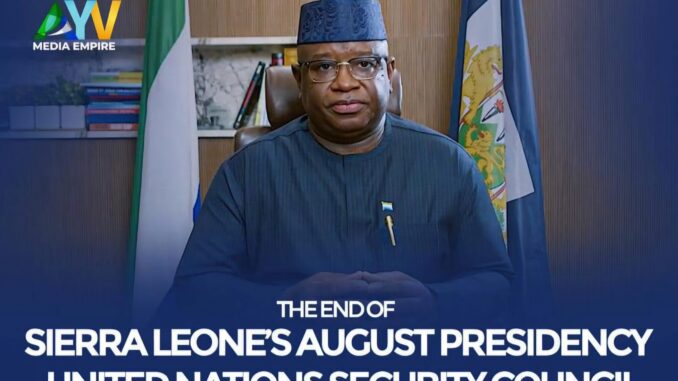
*Sierra Leone’s Presidency of the UNSC: A Month of Missed Opportunities and Empty Promises*
As Sierra Leone concluded its presidency of the United Nations Security Council (UNSC) in August, it became clear that the aspirations and expectations set by the government under President Julius Maada Bio were far from met. The global community, particularly those paying attention to the ongoing conflicts and pressing issues such as food security, saw little to no tangible achievements. Despite the loud proclamations and political rhetoric, Sierra Leone’s leadership at the UNSC did not yield significant progress in areas that matter the most.
*No Progress on Global Conflicts*
The primary role of the UNSC is to maintain international peace and security. When Sierra Leone took on the presidency, there were hopes that the country could use this position to address some of the most pressing global conflicts. However, the month of August saw no substantial moves towards peace in conflict zones like Ukraine, Sudan, or the Middle East. The ongoing wars, civil strife, and humanitarian crises continued unabated, with the UNSC failing to make any groundbreaking decisions or interventions. Sierra Leone’s presidency, rather than being a catalyst for peace, ended up being just another month of diplomatic inertia.
*The Elusive Permanent Seat for Africa*
One of the key issues that has been on the agenda for many African nations, including Sierra Leone, is the push for a permanent seat for Africa on the UNSC. The current structure of the UNSC, dominated by the five permanent members (the United States, the United Kingdom, France, Russia, and China), has long been criticized for not reflecting the realities of the modern world. Despite the noise made by Sierra Leone’s government, no progress was made towards securing a permanent seat for Africa during its presidency. The issue remains as elusive as ever, with no concrete steps taken, no consensus built, and no resolution in sight.
*Empty Promises on Food Security*
Food security, both globally and particularly in Africa, is another area where Sierra Leone’s presidency was expected to make a difference. The continent faces significant challenges in feeding its population, with millions suffering from hunger and malnutrition. Yet, despite the rhetoric and statements made by the Sierra Leonean government, no meaningful resolutions or actions were adopted by the UNSC to address this critical issue. The global food crisis remains unresolved, and Africa continues to suffer, with the promises made during Sierra Leone’s presidency amounting to little more than empty words.
*Reading Statements Is Not Lawmaking!*
It is crucial to understand how the UNSC operates. The rotating presidency is an opportunity for member states to set the agenda and steer discussions, but it does not equate to legislative power. Reading statements at the UNSC does not automatically turn those words into international law or binding resolutions. It is merely a platform for a country to voice its concerns and priorities. For any statement or proposal to become actionable, it requires the agreement and backing of the entire Council, especially the permanent members. Sierra Leone’s government, however, seems to have conflated the act of making statements with achieving actual results, using the platform more for noise and propaganda than for meaningful diplomatic progress.
*Maada Bio’s Noise Propaganda*
President Julius Maada Bio’s government has been quick to tout Sierra Leone’s presidency of the UNSC as a significant achievement. However, upon closer inspection, it becomes clear that this was more about optics and less about substance. The presidency was used as a tool for domestic and international propaganda, with the government making grandiose claims about its impact on global issues. But the reality is starkly different. The month of August passed without any major resolutions, breakthroughs, or lasting contributions to global peace or security. The government’s noise has been just that—noise, with little to show in terms of real, measurable achievements.
*How Does The UNSC Work?*
The UNSC operates on the principle of consensus, particularly among the permanent members. Any resolution that seeks to address global conflicts, food security, or other significant issues must have the backing of all five permanent members. This often leads to gridlock, as these countries have diverging interests and geopolitical agendas. A non-permanent member like Sierra Leone, even when holding the presidency, has limited power to drive the Council’s actions. The presidency allows a country to influence the agenda and lead discussions, but it does not grant the power to unilaterally enforce decisions. The Maada Bio government’s portrayal of its role during the presidency as one of significant power is misleading, as the UNSC’s true decision-making power lies with the permanent members.
Sierra Leone’s presidency of the UNSC in August was a month of missed opportunities and unmet expectations. The global community saw no progress on critical issues like global conflicts, the push for a permanent seat for Africa, or the urgent need for food security. The Maada Bio government’s use of the presidency for noise propaganda did little to advance the interests of either Sierra Leone or the broader African continent. It serves as a reminder that holding a prestigious position on the global stage is not enough; what matters is the ability to effect real change, something that was conspicuously absent during Sierra Leone’s time at the helm of the UNSC.
The global community, and particularly the people of Sierra Leone, deserve more than just noise. They deserve leadership that can translate words into action, and statements into solutions. Unfortunately, Sierra Leone’s presidency of the UNSC fell far short of that standard.
Note: Click the link to learn what the APC Party is under the leadership of the Late Former Prime Minister/President, H.E. Hon. Dr. Siaka P. Steven achieved at the United Nations Security Council.
.

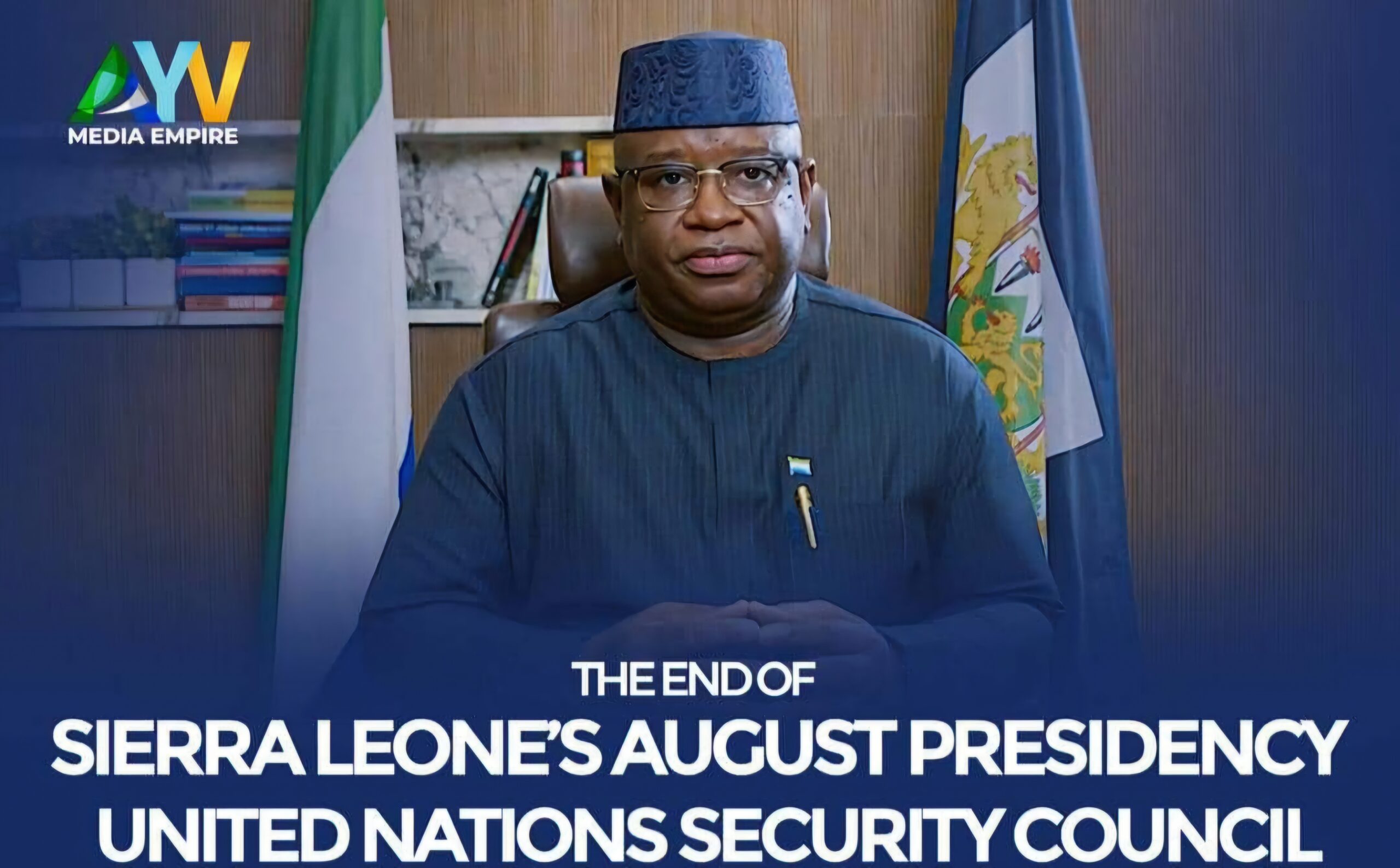
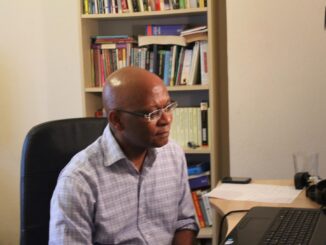
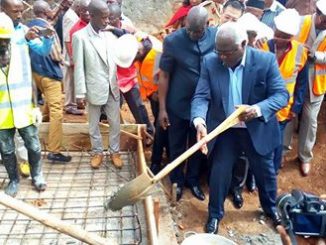
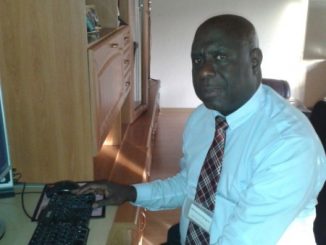
Leave a Reply